20/11/2010
Zero, One, two, Three...Infinity
Zero, One, two, Three...Infinity
The concept of zero originated in India. The concept of a number system with basis 10 was prevalent during Vedic times itself. Consider the following hymn from Atharvaveda.
Atharvaveda 5.15
(1) eka cha me dasha cha me apavaktara osadhe. Ritajata ritavari madhu me madhula karah.
(2) dve cha me vinshatishcha me apavaktara osadhe. Ritajata ritavari madhu me madhula karah.
(3) tistramcha me trinshachcha me apavaktara osadhe. Ritajata ritavari madhu me madhula karah.
(4) Chatasrashcha me chatvarinshachcha me apavaktara osadhe. Ritajata ritavari madhu me madhula karah.
(5) pancha cha me panchashachcha me apavaktara osadhe. Ritajata ritavari madhu me madhula karah.
(6) sat cha me sastishcha me apavaktara osadhe. Ritajata ritavari madhu me madhula karah.
(7) sapta cha me saptatishcha me apavaktara osadhe. Ritajata ritavari madhu me madhula karah.
(8) asta cha me ashitishcha me apavaktara osadhe. Ritajata ritavari madhu me madhula karah.
(9) nava cha me navatishcha me apavaktara osadhe. Ritajata ritavari madhu me madhula karah.
(10) dasha cha me shatam cha me apavaktara osadhe. Ritajata ritavari madhu me madhula karah.
(11) shatam cha me sahasram chapavaktara osadhe. Ritajata ritavari madhu me madhula karah.
Translation:
Atharvaveda 5.15
(1) O companion and embodiment of universal law, grant me sweetness. May revilers be one and ten.
(2) O companion and embodiment of universal law, grant me sweetness. May revilers be two and twenty.
(3) O companion and embodiment of universal law, grant me sweetness. May revilers be three and thirty.
(4) O companion and embodiment of universal law, grant me sweetness. May revilers be four and forty.
(5) O companion and embodiment of universal law, grant me sweetness. May revilers be five and fifty.
(6) O companion and embodiment of universal law, grant me sweetness. May revilers be six and sixty.
(7) O companion and embodiment of universal law, grant me sweetness. May revilers be seven and seventy.
(8) O companion and embodiment of universal law, grant me sweetness. May revilers be eight and eighty.
(9) O companion and embodiment of universal law, grant me sweetness. May revilers be nine and ninety.
(10) O companion and embodiment of universal law, grant me sweetness. May revilers be ten and hundred.
(11) O companion and embodiment of universal law, grant me sweetness. May revilers be hundred and thousand.
Following words are used for numerals in this hymn:
|
Eka |
One |
Vinshati |
Twenty |
|
Dva |
Two |
Trinshat |
Thirty |
|
Tisra |
Three |
Chatvarinshat |
Forty |
|
Chatasra |
Four |
Panchashat |
Fifty |
|
Pancha |
Five |
Sasti |
Sixty |
|
Sat |
Six |
Saptati |
Seventy |
|
Sapta |
Seven |
Ashiti |
Eighty |
|
Asta |
Eight |
Navati |
Ninty |
|
Nava |
Nine |
Shata |
Hundred |
|
Dasha |
Ten |
Sahasra |
Thousand |
A mantra from Yajurveda describes numbers increasing by a factor of ten up to a trillion.
"Ima me agna istaka dhenavah santveka cha dasha cha dasha cha shatam cha shatam cha sahasram cha sahasram chayutam chayutam cha niyutam cha niyutam cha prayutam charbudam cha nyarbudam cha samudrashcha madhyam chantashcha parardhashchaita me agna ishtaka dhenavah santvamutramusminlloke." Yajurveda 17.2
"O Agni! May these bricks be cows for me. One and ten, and ten and hundred, and hundred and thousand, and thousand and ten thousand, and ten thousand and hundred thousand, and hundred thousand and million, and ten million, and hundred million, and billion, and ten billion, and hundred billion, and trillion, O Agni, may these bricks be cows for me in this world and in the other world." Yajurveda 17.2
Following words are used for numerals in this mantra:
eka = one
dasha = ten
shatam = hundred
sahasra = thousand
ayuta = ten thousand
niyuta = hundred thousand
prayuta = million
arbuda = ten million
nyarbuda = hundred million
samudra = billion
madhya = ten billion
anta = hundred billion
parardha = trillion
Our Vedic ancestors didn't stop there, but took the concept of large numbers to all the way to infinity, as evidenced by the following mantra from Yajurveda.
"Purnamadah Purnamidam Purnatpurnamudachyate.
Purnasya Purnamadaya Purnamevavashisyate." Yajurveda, Shanti Mantra
meaning,
"That is Purna, this is Purna, Purna comes out of Purna.
If Purna is subtracted from Purna, still Purna is left." Yajurveda, Peace Mantra, Chapter 40
Purna is derived from root "Pri" meaning to fill. Thus Purna means full or complete. In this verse, Purna can also be interpreted to mean infinity. Second line then yields that the result of subtracting infinity from infinity is still infinity.
10:17 Publié dans Zero, One, two, Three...Infinity | Lien permanent | Commentaires (0) |  |
|  del.icio.us |
del.icio.us |  |
|  Digg |
Digg | ![]() Facebook
Facebook











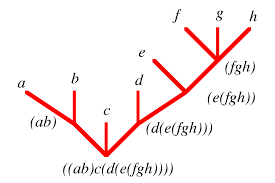

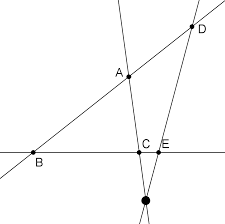
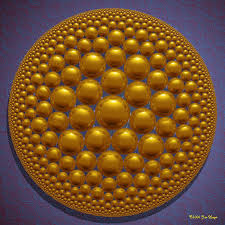
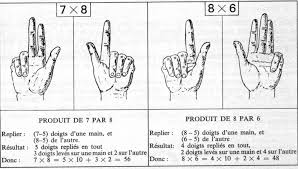


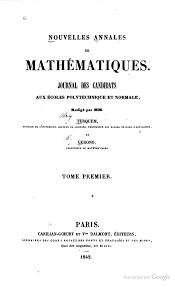





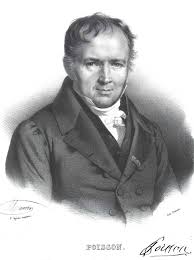

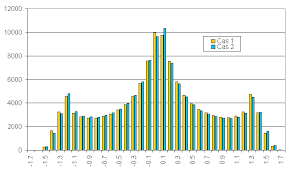
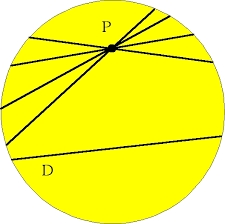


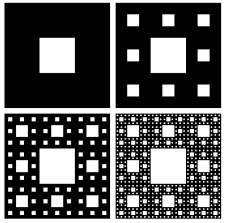
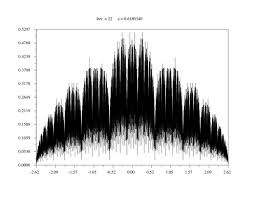
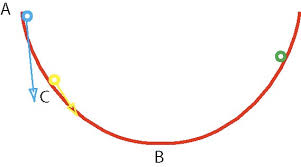

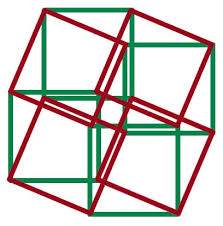





Les commentaires sont fermés.